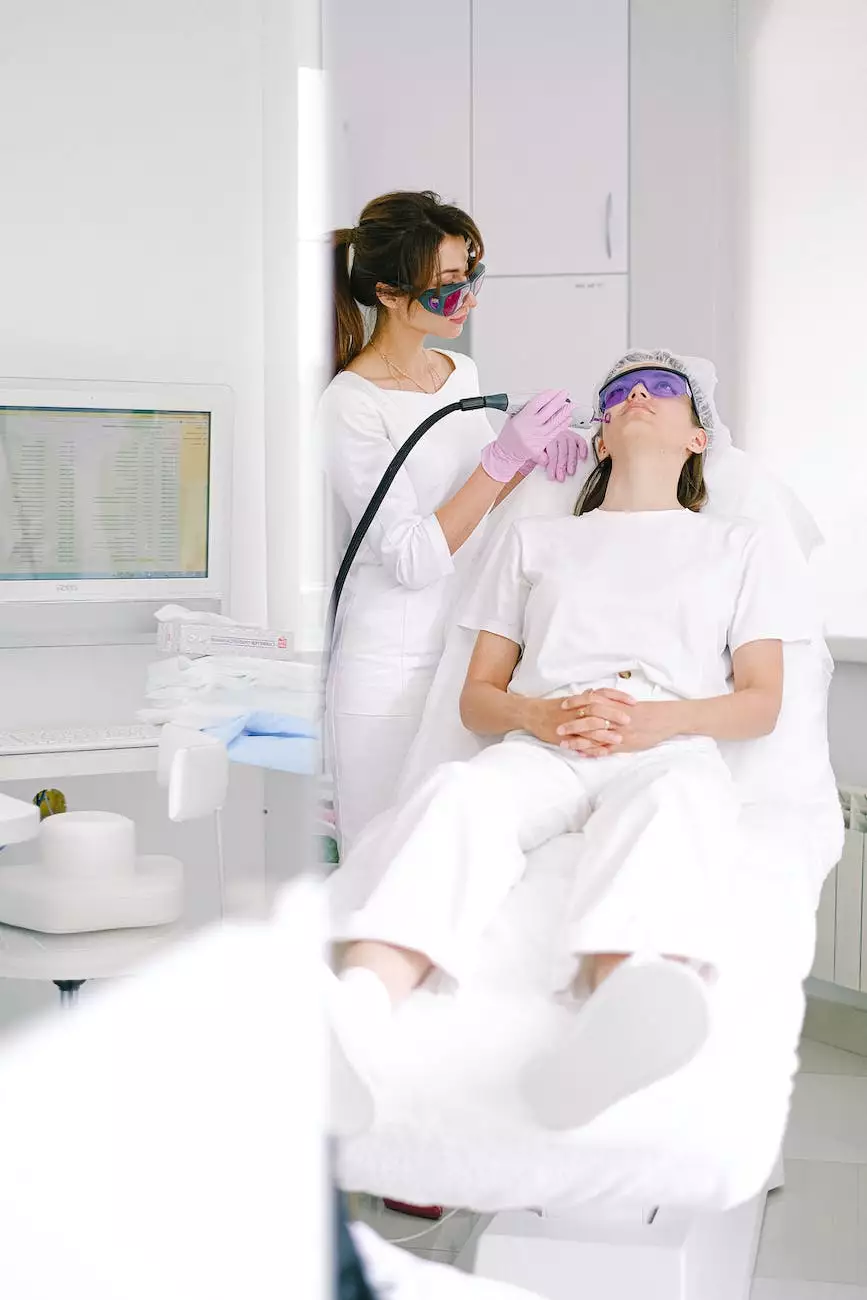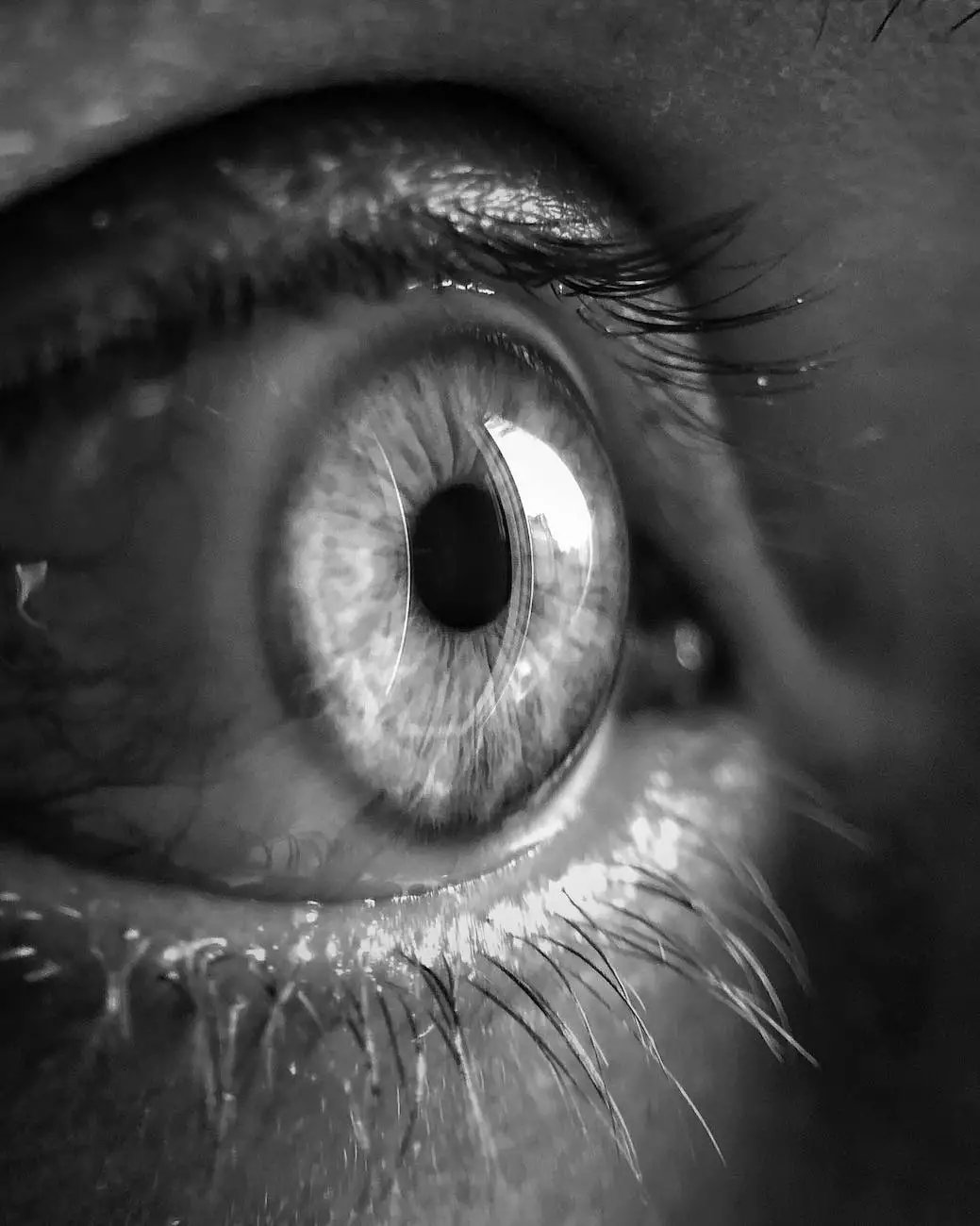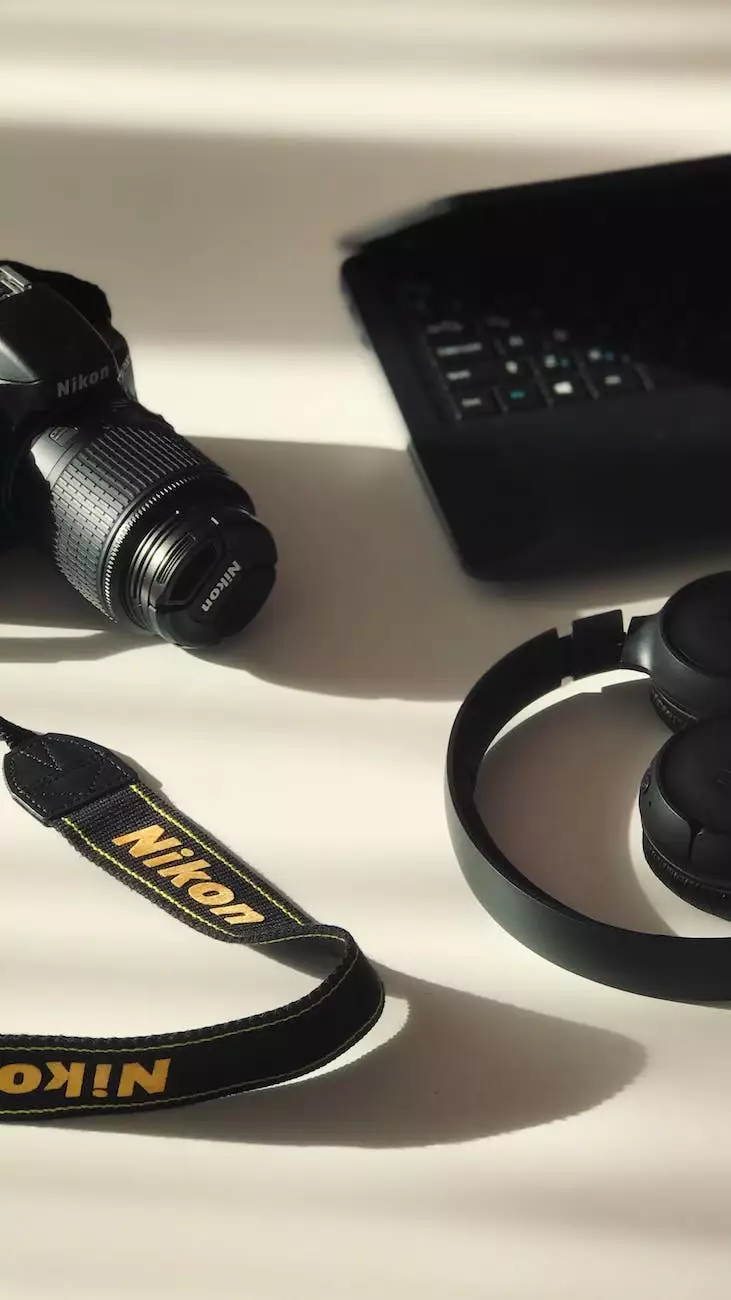It's 2020, the year of sight! But what does 20/20 vision actually mean?
Blog
About David J Scholten, OD, PC
Welcome to David J Scholten, OD, PC, a trusted name in the Health industry. With our expertise and dedication to eye care, we strive to provide comprehensive vision solutions for our patients. Our team of professionals led by Dr. David J Scholten, ensures that you receive the highest quality eye care services.
The Importance of 20/20 Vision
In the year 2020, the phrase "20/20 vision" has gained significant attention. But what does it actually mean? Simply put, 20/20 vision refers to normal visual acuity measured at a distance of 20 feet. It indicates that an individual can see objects clearly at this distance, which serves as the baseline for testing visual clarity.
Having 20/20 vision is considered optimal, as it signifies normal visual functioning without the need for corrective lenses. However, it's important to note that visual acuity is just one aspect of overall eye health. Regular eye exams are vital to evaluate other aspects such as eye coordination, depth perception, color vision, and the health of the eyes.
The Significance of 20/20 Vision in 2020
The year 2020 has brought increased awareness to the importance of eye health and visual acuity. It serves as a reminder for individuals to prioritize their eye care and seek professional assistance when needed. The clear symbolism of 20/20 vision in the year 2020 emphasizes the need for clear, focused vision as we navigate through our daily lives.
Factors Affecting Visual Acuity
Several factors can influence an individual's visual acuity, potentially leading to less than perfect 20/20 vision. These factors include:
- Refractive Errors: Conditions such as nearsightedness, farsightedness, and astigmatism can affect the ability to see clearly.
- Age-related Changes: As we age, the natural elasticity of the lens in the eye decreases, leading to a condition called presbyopia, which affects near vision.
- Eye Diseases: Conditions like cataracts and glaucoma can impact visual acuity if left untreated.
- Eye Injuries: Trauma or injury to the eye can result in reduced visual acuity.
Maintaining and Improving Visual Acuity
If you're looking to maintain or improve your visual acuity, consider the following tips:
- Schedule Regular Eye Exams: Routine eye exams are essential to detect any changes in visual acuity or detect eye diseases early.
- Follow Eye-Healthy Habits: Eat a balanced diet rich in fruits and vegetables, protect your eyes from harmful UV rays with sunglasses, and avoid smoking.
- Wear Appropriate Eyewear: If you require vision correction, ensure that you wear the prescribed glasses or contact lenses consistently.
- Take Breaks from Digital Screens: Extended periods of screen time can strain your eyes. Remember to rest your eyes periodically and practice the 20-20-20 rule - every 20 minutes, look at an object 20 feet away for 20 seconds.
- Stay Hydrated: Drinking enough water is essential for overall eye health and maintaining proper eye moisture.
Conclusion
In the year of sight, 2020, the concept of 20/20 vision holds immense significance. It represents normal visual acuity, but it's essential to remember that overall eye health involves more than just clarity of vision. Regular eye exams, adopting healthy habits, and seeking professional assistance when required are pivotal in maintaining optimal eye health throughout the year and beyond.









